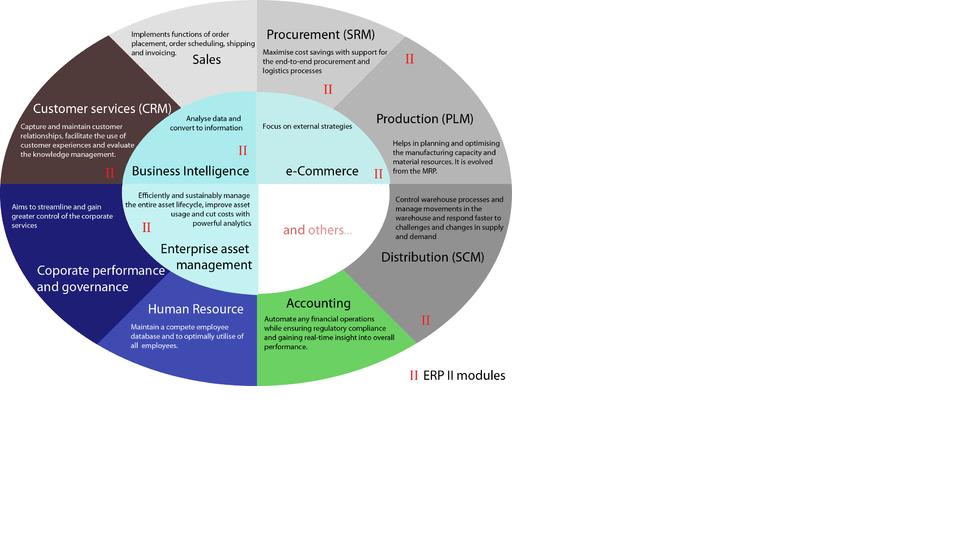8 Tips for Choosing and Implementing an ERP System
In order to fully maximize your company’s time and monetary investment, it might be necessary to choose and implement an enterprise resource planning (ERP) system; however, it can be all too easy to become dazzled by the extravagant claims and promises made by a particularly persuasive vendor. For this very reason, I have taken the liberty of compiling a list of 8 tips to bear in mind when choosing and implementing ERP software:
1. Evaluate Your Options
According to the highly respected expert in cloud based ERP solutions, Tom Brennan, evaluation projects that are ill defined and poorly run can lead to poor implementations. Therefore, it is of the utmost importance that you evaluate all your options before choosing a vendor.
2. Develop an ERP Strategy
Be absolutely clear about what your organisation is embarking on before commencing your selection process for a suitable vendor. You will need to take into account a number of important constraints including: benefits, scope, technology and expected costs.
3. The Project Team
In order to avoid biased definition of requirements, it is vital that you put together a project team that represents all the key internal stakeholders. This team will also be instrumental in the implementation of an ERP system once a suitable vendor has been successfully located.
4. Structured Demonstrations
Before implementing any ERP system you should request that the vendor conduct a demonstration. You might even want to draw up a shortlist of vendors in order to view demonstrations and make effective comparisons. ERP software can be very expensive and it is vitally important that you choose wisely when selecting a vendor. Structured demonstrations should enable you to make the best choice of software for your organisation.

Image credit: Shing Hin Yeung, license Attribution-Share Alike 3.0 Unported
5. Procurement Documents
It is important that you request procurement documents from your vendor in order to outline a number of key points, a list of which would include the following: accurate costs, functional fit, vendor quality and other specific constraints.
6. Check References
During the latter stages of the process, conference calls and visits will be required to back up reference examples that will have been requested with your procurement documents. To ensure that an accurate account is obtained, it will be necessary for the vendor to be present.
7. Remember to Asses the Implementation Partner
Throughout the process, it is vital that you assess the performance of the implementation partner. A poorly implemented system could actually prove to be less beneficial than a sub standard system that has been implemented well. A good implementation partner would also be highly likely to offer support once your ERP system is up and running.
8. Exercise Caution when Finalizing the Commercial Agreement
The finalizing of contract documentation can prove to be a tricky business, so be sure to exercises caution when negotiations with your chosen vendor reach this critical stage. As master contract documentation tends to be written in ‘legalese’ it is advisable to have your legal representative with you. One of the most common causes of conflict during implementation procedures is a dispute over responsibly. It is for reasons such as this that you should carefully review any consultancy agreements, software agreements, Support agreements and statements of work. Failure to do so could prove to be costly at a later date.
A Very Brief Summary
In order to avoid common pitfalls, it is highly recommended that you take careful note of the above list of tips before implementing an ERP system. Furthermore, I would strongly advise that you seek out independent external assistance if your company happens to be lacking ERP installation expertise in house.
Author Bio:
Josh Weaver is a freelance content writer and digital marketing specialist working for FelineSoft, an established software and website development house in Bristol and London. He also loves reading and writing about the latest technological updates when he isn’t busy doing DIY projects at home. He has worked with clients in finance and industrial industries on content and social media strategies.
Follow Josh Weaver : GooglePlus














Leave a Reply